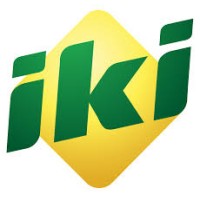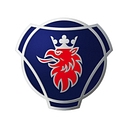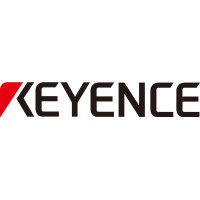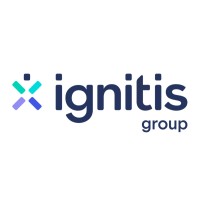Companies that use Tokio
It is an open source library providing an asynchronous, event driven platform for building fast, reliable, and lightweight network applications. It leverages Rust's ownership and concurrency model to ensure thread safety.
1,142
companies
List of companies using Tokio
curl --request POST \
--url "https://api.theirstack.com/v1/companies/search" \
--header "Accept: application/json" \
--header "Content-Type: application/json" \
--header "Authorization: Bearer <api_key>" \
-d "{
\"company_technology_slug_or\": [
\"tokio\"
]
}"Technology
is any of
Tokio
| Company | Country | Industry | Employees | Revenue | Technologies |
|---|---|---|---|---|---|
 Lithuania | Retail | 575 | Tokio | ||
 Sweden | Transportation Equipment Manufacturing | 23k | $16B | Tokio | |
 Japan | Machinery Manufacturing | 5k | $6.1B | Tokio | |
 Poland | Advertising Services | 229 | Tokio | ||
 Lithuania | Utilities | 2.1k | $387B | Tokio | |
 Japan | Broadcast Media Production and Distribution | 19k | Tokio | ||
 Germany | Appliances, Electrical, and Electronics Manufacturing | 103k | $14B | Tokio | |
 Germany | Telecommunications | 501 | $117M | Tokio | |
 Germany | Technology, Information and Media | 1.3k | $57M | Tokio | |
 Malaysia | Financial Services | 11k | Tokio |
We have data on 1,142 companies and users that use Tokio. Our Tokio users and customers list is available for download and comes enriched with vital company specifics, including industry classification, organizational size, geographical location, funding rounds, and revenue figures, among others.
Technology Usage Statistics and Market Share
How to target Tokio users
- How to customize this list?
You can customize this data to your needs by filtering for geography, industry, company size, revenue, technology usage, job postions and more. You can download the data in Excel or CSV format.
- How to be alerted when companies adopt this technology?
You can get alerts for this data. You can get started by selecting the technology you are interested in and then you will receive alerts in your inbox when there are new companies using that technology.
- How to import this data to my CRM?
You can export his data to an Excel file, which can be imported into your CRM. You can also export the data to an API.
Frequently asked questions









